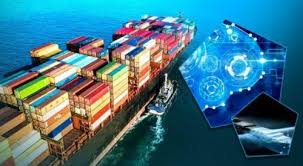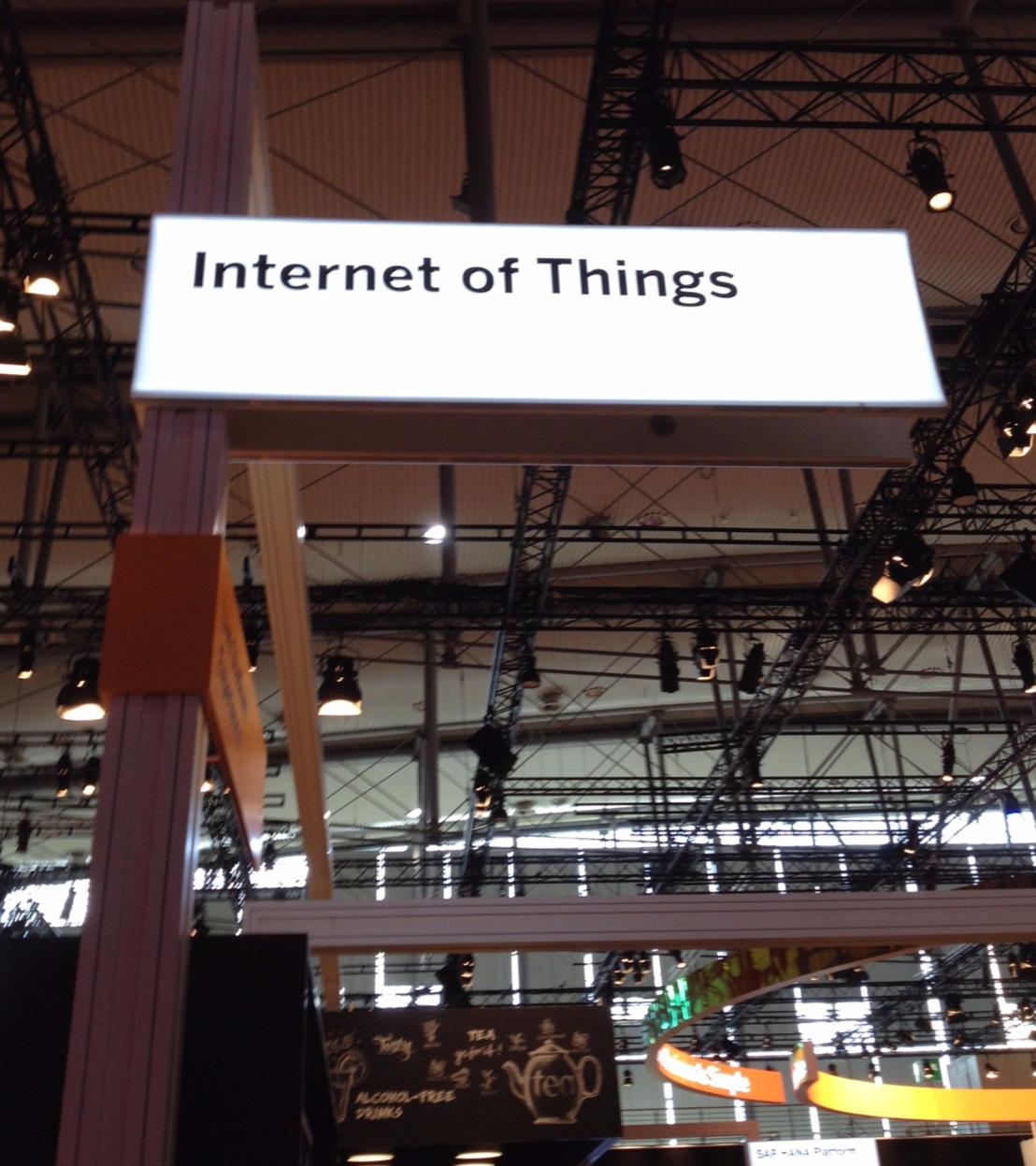Source:
The Internet of Things (IoT) is a system of interrelated computing devices, mechanical and digital machines provided with unique identifiers and the ability to transfer data over a network without requiring human-to-human or human-to-computer interaction. Connected machines and objects in factories offer the potential for a ‘fourth industrial revolution’, and experts predict more than half of new businesses will run on the IoT by 2020.
IoT encompasses everything connected to the internet, but it is increasingly being used to define objects that “talk” to each other. The industrial sector is entering a new phase of digitalization, where businesses are being driven by data, and analytics, connectivity along with automation, which are propelling trade as the game changers. In such a scenario, the Internet of Things or IoT is being relied on heavily to offer innovation and evolution in the moderately-transforming sectors like logistics, transportation, supply chain, and marine industry. The main objective of utilizing IoT and its applications is to achieve better efficiency in terms of operations, minimize human errors & risks, and hence enhance quality service.
According to a Inmarsat Report: Industrial IoT, it is the maritime industry that has adopted IoT solutions more than any other sector and some sources even reveal that few of the leading shipping organizations plan to invest about $2.5 Million on IoT based solutions in the coming three years with an expectation of achieving around 14% cost-savings over the next 5-7 years.
Presently, with the help of IoT-based solutions, the marine sector is eyeing on reducing the administrative costs of regulatory compliance and enhancing security and safety. Adding more on that note, the technology is also assisting in making cargo handling and preemptive maintenance easier and quicker.
Another area of opportunity for IoT-based solutions in the marine sector is Energy and Fuel Consumption. The smart meters are enabling better and more accurate recording and tracking of the fuels, allowing the sector to not only save on cost but also go environment-friendly.
If we inspect the broader horizon, then most of the transportation and logistics companies have already embraced IoT solutions. Right from utilizing IoT solutions for predictive analytics that help organizations make smarter decisions for route and delivery planning task to identifying the problem-creating areas, creating a smart location management system, real-time inventory tracking and warehousing, introducing self-driven vehicles and drone-based deliveries, IoT is revolutionizing the sector to its very core.
In addition, the technology is also equipping the supply chain management across the globe in various ways. The integration of Radio-frequency Identification commonly referred to as RFID with IoT technology is being seen as one of the biggest impacts of IoT in Supply Chain Management. Through this integration, the supply chain management sector is looking forward to extensively improve its operations. Not only does it allow real-time updates but also helps the industry to combat counterfeit goods, enforce expiration on perishable goods, and detect the various factors that may impact the
quality of the product while in the delivery process.
Moreover, IoT based solutions are also helping the sectors to bring in transparency throughout the transportation system. The introduction of blockchain for supply management within the maritime sector with the help of IoT solutions is something that is currently making heads turn.
Internet of Things is a connected technology, which is filling in the gap between humans, machines, and data; in turn, is providing an edge to the transport sectors as they are now more than ready to embrace the definite role and flexible nature of IoT. It will not be wrong to say that in the foreseeable future IoT will not just transform the businesses but also the ways through which the world carries out its business-be it rail, road, air or sea.
IoT enables real-time tracking and monitoring of cargo at all levels to determine location, delivery and a host of realated matter. While IoT saves time and increases efficiency, security is one of the main challenges of successful IoT implementation.
Deploying and expanding IoT capabilities requires more than just technological breakthroughs. As stakeholders in the shipping and maritime industry advance towards IoT with more vigour, they will need to have their goals set. An effective stratgey, a well-defined goal, robust architecture and security should be on the checklist and the industry embraces IoT.


